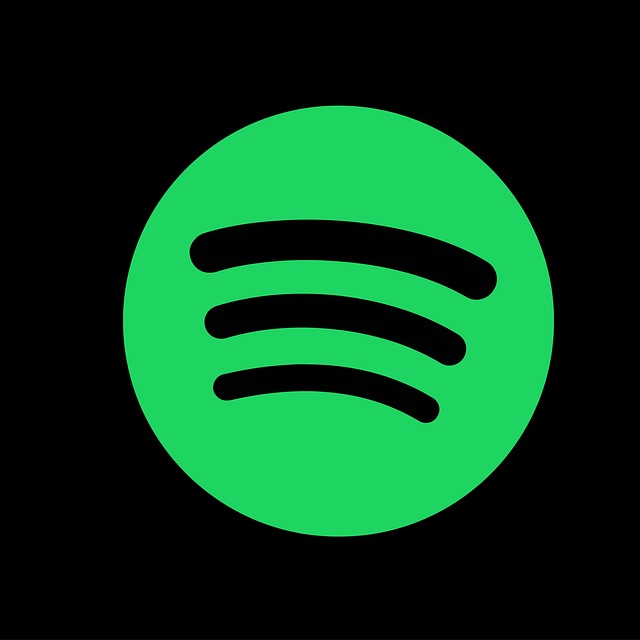clear

source:
MIH83 / Pixabay
I completely agree that the relatively recent boom of online streaming services has diminished our likliness to pay for music. With Spotify for instance, an individual can listen to almost any track they like, at any time of the day (internet connection providing) for free. Listening to a small number of adverts is the only payment necessary for this wealth of music. It's possible to create playlists to check back to, as well as find other people's playlists too. With internet connectivity improving all the time, it is getting less and less of a necessity to have music downloaded to a portable offline device. This is true with the physical format too. In our cars and at home we can now connect our phones to the speakers. All this means is the need for a file to call our own, albeit digital or physical, is on the decline. With music so readily available for free, people are surely getting less and less likely, and happy, to pay for music.
 0
0
clear
Services like Spotify and Youtube are paid for by adverts, so it's not exactly true that people are not paying for them - the end user doesn't pay, but the advertiser does. It's a similar model like a commercial TV channel. But yes, end-users aren't buying singles or albums very much any more. Some artists are even announcing that they are releasing a "playlist", not an album.
 0
0
clear
The answer to this question is most definitely yes and no. Spotify allows users to access an unbelievably wide-ranging cache of music. As well as providing complete discographies for artistes, it also shapes listener preferences by giving the option to create playlists, and even more potently, by suggesting other artists that could be enjoyed based on the original selection. Personally speaking, the latter property is the one I have found to be most fulfilling. It would be impossible to discover new music without streaming sites - there are just so many artistes, in every conceivable genre, releasing music every minute of the day.
The downside with having access to so much music is that it can make the listener less inclined to go out and buy albums, when they can be so effortlessly listened to via the convenience of your web browser. But there will always be a tendency to want to invest more in your truly favourite artiste(s). Unearthing a classic archive album on Spotify, one that passed you by at the time, might well inspire you to go out and actually purchase a copy to add to your record collection. With new music, discovering a new band you really love online might make you want to buy their singles or albums, so that you can really get to know their music, reading the album sleeve notes and lyrics. Much as streaming is excellent for giving maximum exposure to the sonic universe, no digital file will ever match the sound quality of a vinyl recording, so Spotify will never appease the true music fan, lovingly flipping through stacks of 33s and 45s at a secondhand record fair or specialist shop.
 0
0
clear
Online streaming services are a double-edged sword, they reduce the willingness to buy music but they are a big asset to the music industry. It is bad that artists have worked so hard to produce music, only for the music to be accessed for free at the price of viewing a few ads. On the other hand, the streaming industry has grown a lot over the past years to the tune of over 100 million subscribers online. Additionally, in 2017, for the first time, sales from streaming services exceeded those from CD sales. This means that it is important for the once-ailing music industry to embrace streaming as a way to spread music and as a source of income. Music trends that have recently surfaced are particularly suited to streaming rather than traditional music sales. In the past, musicians would debut a new track that would climb the charts gradually and later fall. Nowadays, musicians can premier new music, which if captivating, debuts at number one on streaming services due to its popularity. Also, in the past, musicians would wait for contracted albums to earn from their music, currently, a single release can earn an artist money. So while online streaming services deter music lovers from buying music, they have a crucial role to play as the music community embraces new technology.
 0
0
clear
 Alvine Spencer
5 years, 7 months ago
Alvine Spencer
5 years, 7 months ago

Sign up to post or vote on answers.
Improveo will help systemize your knowledge.
